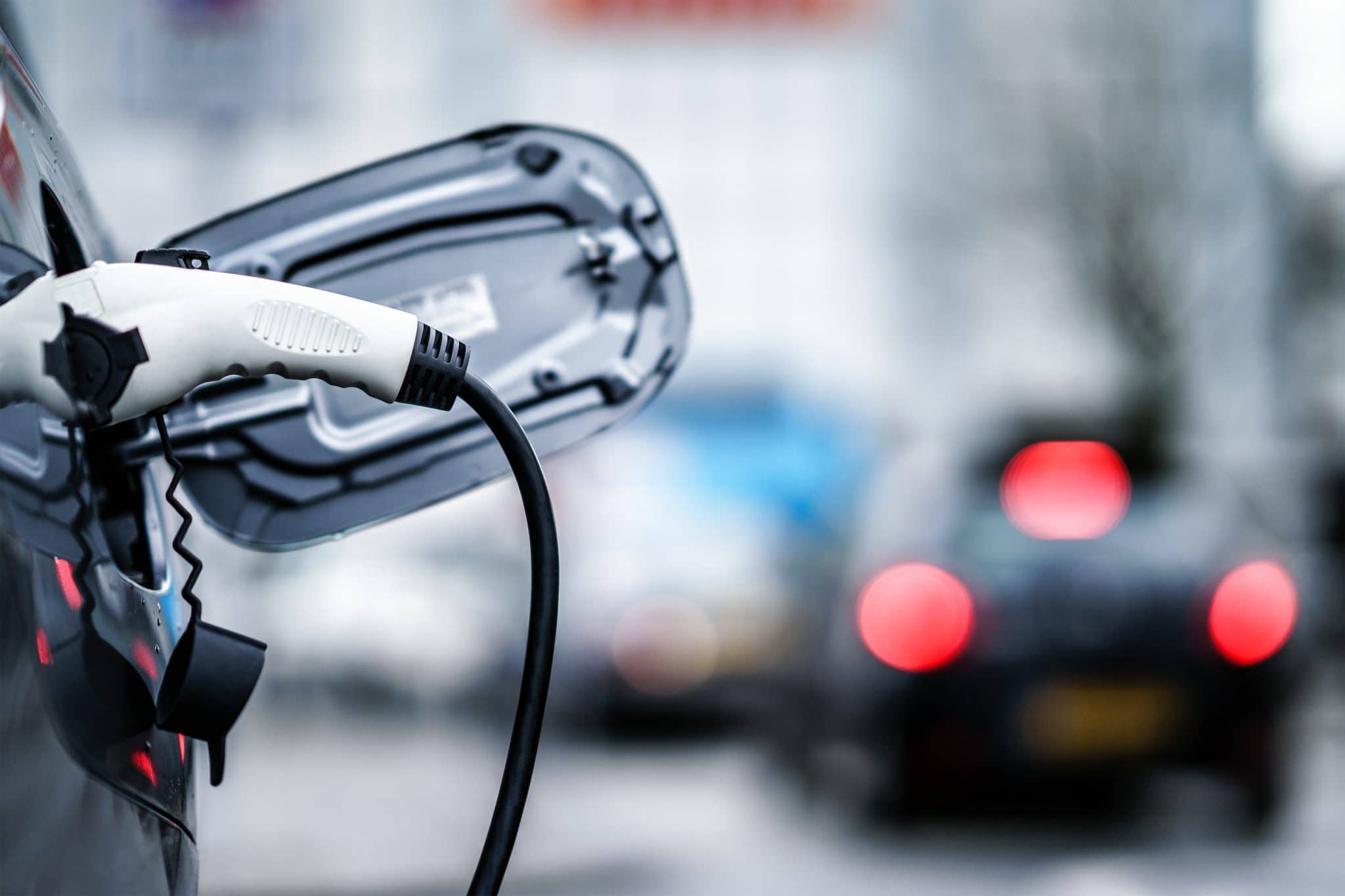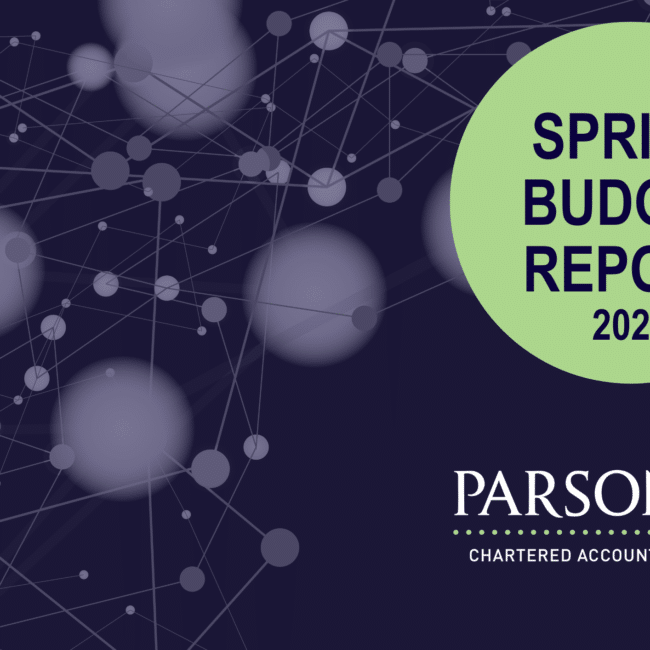
What are the tax benefits of electric company cars?
What are the tax benefits of choosing electric company cars?
With the Government investing millions in charging infrastructure and the push towards Net Zero, electric cars are seeing record sales in the UK. Could now be the time to update your business vehicles?
In addition to Corporation Tax savings for limited companies purchasing electric vehicles, there are also National Insurance savings, tax free charging benefits and a 4 pence per mile allowance for employees driving an electric company car. Here’s a quick look at the tax benefits available on electric company cars.
Benefit in kind for electric company cars
Buying an electric vehicle through your limited company is a good way to reduce your business tax because of the comparatively low Benefit in Kind.
The benefit in kind is calculated based on the list price, CO2 emissions and is charged at your marginal tax rate. Put simply, you are taxed on the benefit in kind value as though it was extra income that you earned.
If you choose to buy a brand new pure electric car (as opposed to a hybrid) there’s a 1% benefit in kind during 2021/22 and 2% in 2022/23 until at least 2025. That’s in stark contrast with the tax on petrol and RDE2 compliant diesel vehicles, which starts at 22% and increases incrementally as CO2 bands rise, to a maximum of 37%.*
Let’s put this into context with an example for the 2021/22 tax year:
A diesel car could have CO2 emissions that will place the benefit in kind at 30% of the car’s list price. If the car has a list price of £50,000, the buyer is taxed on £15,000 (£50,000 x 30%). Being a 40% tax payer, the buyer’s tax bill amounts to £6,000
The benefit in Kind on a brand new, unused and fully electric car with the same list price (£50,000 x 1% = £500) taxed at 40% delivers the same buyer a tax bill of just £200
That’s a saving of £5,800
Note that an Employer National Insurance charge of 13.8% is due on employee benefits in kind but this is likely to be a small impact (an employee benefit in kind of £200 would only generate an Employer NI bill of £27.60).
There are also benefit in kind tax reliefs for employers to cover the cost of installing home charging equipment for employees, although it’s also worth checking on grants and deals available from car manufacturers to help with this cost.
If I choose to buy an electric car for my business, will I save on Corporation Tax?
There’s currently a 100% capital allowance if you buy a brand new fully electric company car or one with CO2 emissions lower than 0g/km. That means you can write off the full purchase amount in one year of accounts, getting the reduction in Corporation Tax sooner than if it had to be spread over several years, which is what happens with other types of car.
Should I buy a brand new or second-hand electric car for my business?
You can get some capital allowance relief if you choose to buy a second-hand electric vehicle, but this isn’t as generous as the 100% allowance for a brand new vehicle. Check HMRC’s website for the most up to date information.
Can I reclaim the VAT when buying an electric company vehicle?
If the vehicle is purchased rather than leased and used exclusively for business purposes, it’s possible to reclaim the VAT. This would work well for an electric pool car like the one we have here at Parsons, but not so well for company directors wanting a car for personal and business use.
It is possible to reclaim 50% of the VAT on lease payments for cars which are for both business and personal use. The lease payments would also become a business expense, reducing your Corporation Tax.
Need a whole fleet of cars for your employees?
For employers who provide fleet vehicles for private and work-related use, there are some substantial tax benefits on offer over the next few years to incentivise the switch to electric.
Offering a salary sacrifice scheme will let an employee give up salary for an electric company vehicle (or a hybrid emitting less than 75g/km of CO2) without being caught by the Optional Remuneration Arrangements (OpRA) rules. Provided it’s less than the salary given up, the employee will only pay tax on the cash equivalent of the benefit in kind.
Now is the time to act
A ban on the sale of cars fuelled entirely by petrol or diesel is scheduled for 2030, and hybrid cars by 2035 as we strive to achieve Net Zero. There’s no guarantee that these tax incentives will stick around, so now is the time to take advantage of the potential savings.
If you’re thinking of choosing an electric company car (or an electric fleet for your employees) and you need some guidance then we would love to hear from you. Contact our team.
Limited company car Vs personal car ownership – which is better?
If you’re weighing up the bigger question of whether buying a car through your limited company or owning a vehicle personally is better, take a look at our other blog.
*Source: Eco Fleet







